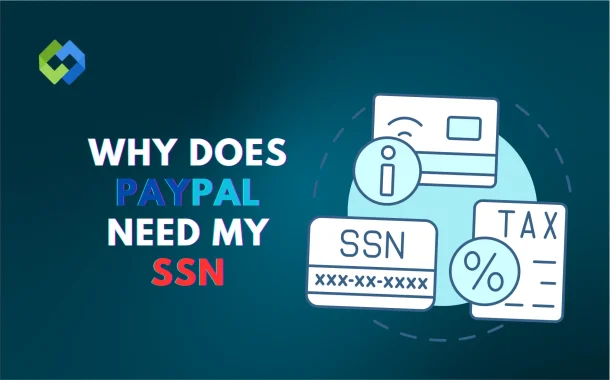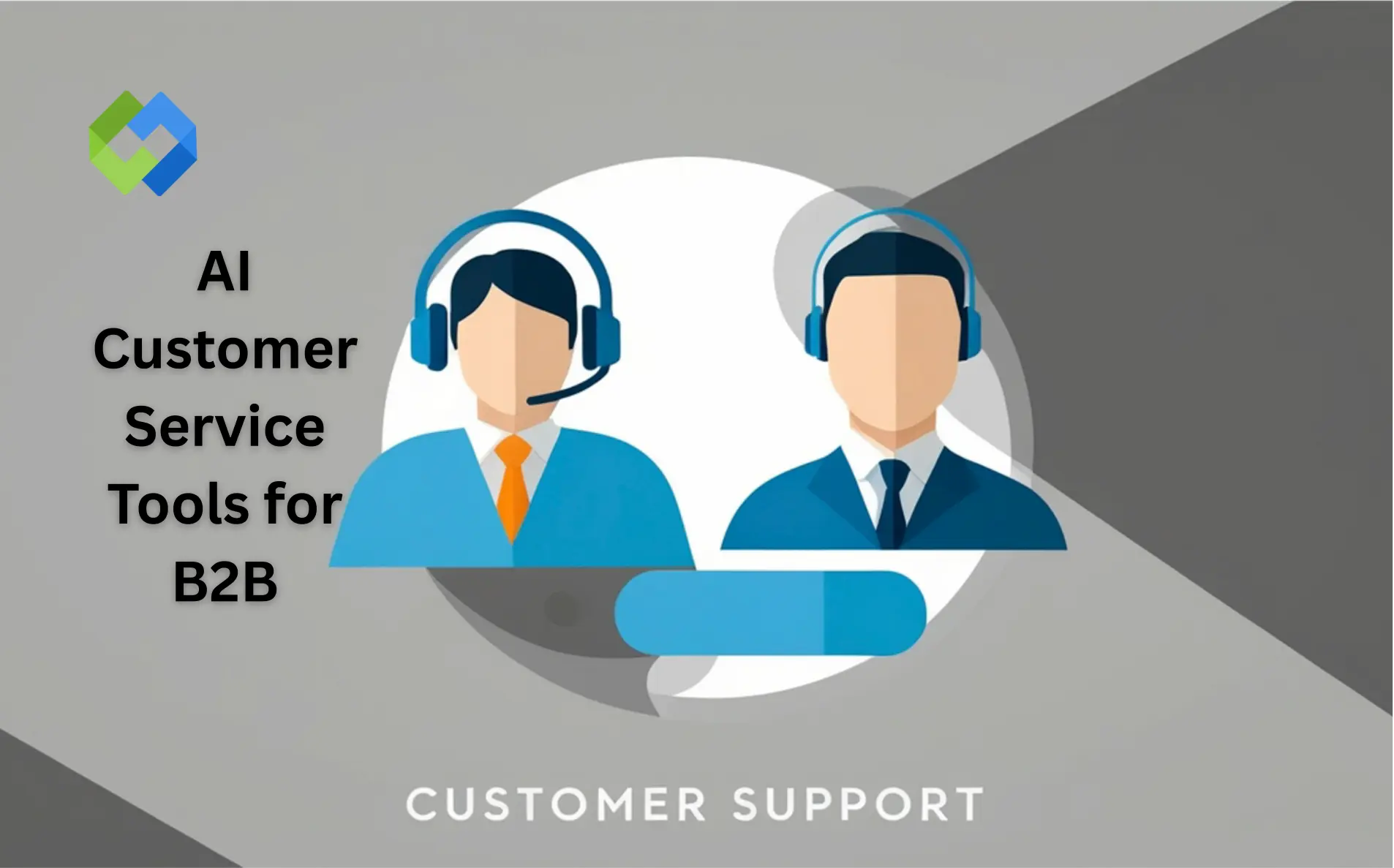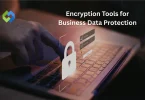Many users worry about sharing their SSN online. They fear identity theft, fraud, or misuse of personal data. Some also feel uncomfortable giving sensitive details to a company. While PayPal has strong security, no system is risk-free. Users want to know if their information is truly safe.
Table of Contents
Table of Contents
PayPal’s Requirement for SSN
PayPal requires your Social Security Number (SSN) to follow financial laws and security policies. It helps verify your identity and prevent fraud. If you use PayPal for business or receive large payments, they may ask for your SSN. This is necessary to comply with tax regulations, as PayPal must report certain transactions to the IRS. Without proper identification, they cannot process high-value transactions securely.
Some users are asked for their SSN during account setup, while others may need to provide it later. If you reach a specific transaction limit, PayPal will require your SSN to keep your account active. This applies to both personal and business accounts. Without it, your account may face restrictions, including limits on withdrawals and transfers.
If you choose not to provide your SSN, PayPal may prevent you from accessing certain features. You may not be able to send large payments or receive business funds. While PayPal has strong security measures to protect user data, many people still worry about sharing such sensitive information.
Identity Verification and Fraud Prevention
PayPal uses your Social Security Number (SSN) to verify your identity and prevent fraud. It ensures that the person using the account is real and not involved in illegal activities. This process helps PayPal comply with financial laws and prevent identity theft. By confirming your SSN, PayPal reduces the risk of fake accounts, unauthorized transactions, and money laundering.
Fraud prevention is a key reason why PayPal asks for your SSN. Scammers often create fake accounts to steal money or commit fraud. With SSN verification, PayPal can track and block suspicious activities. This protects both users and the platform from financial losses.
If PayPal cannot verify your identity, they may limit or freeze your account. This prevents unauthorized access and ensures secure transactions. While some people hesitate to share their SSN, it plays a vital role in keeping PayPal accounts safe. Understanding this can help users feel more confident about using the service.
Tax Reporting and Financial Transactions
PayPal requires your Social Security Number (SSN) for tax reporting and financial regulations. If you receive a large amount of money through PayPal, they must report it to the IRS. This applies mainly to business accounts and personal accounts that exceed a certain transaction limit. The IRS requires payment platforms to track income for tax purposes. If your earnings meet the reporting threshold, PayPal will issue a Form 1099-K for tax filing.
Financial transactions must follow government rules to prevent illegal activities. PayPal uses SSN verification to ensure compliance with tax laws and financial regulations. Without proper reporting, users could face tax penalties. PayPal also monitors transactions to prevent suspicious financial activity, such as money laundering.
If you do not provide your SSN, PayPal may limit your account. You might not be able to withdraw funds or complete transactions. While some users worry about privacy, sharing your SSN is necessary if you use PayPal for business or high-value transfers.
If you’re unsure of how to handle your tax situation, consider using one of several services that allow you to file your taxes online for free. This can be especially helpful for small business owners, as well as freelancers.
When Does PayPal Ask for Your SSN
For Business and High-Value Transactions
PayPal asks for your Social Security Number (SSN) if you create a business account or receive large payments. Personal account users might also be required to provide it after reaching a specific transaction limit. PayPal follows financial regulations and must report earnings above a certain amount to the IRS.
For Security and Fraud Detection
You may need to provide your SSN if PayPal detects unusual activity on your account. This could include multiple large transactions, payments from different locations, or suspected fraud. If PayPal cannot verify your identity, they might limit your account until you provide the necessary information.
Is It Safe to Provide Your SSN to PayPal
PayPal’s Security Measures
PayPal uses strong security systems to protect user data, including your Social Security Number (SSN). They use encryption, two-factor authentication, and fraud monitoring to prevent unauthorized access. PayPal follows strict financial regulations, making it safer than many other online platforms. Your SSN is stored securely and is only used for identity verification, fraud prevention, and tax reporting.
Potential Risks of Sharing Your SSN
Despite PayPal’s security, sharing your SSN online always carries some risk. Data breaches and hacking attempts happen even to large companies. If your SSN is exposed, it could lead to identity theft or fraud. While PayPal has never had a major SSN leak, no system is completely risk-free.
What You Can Do to Stay Safe
To protect yourself, enable PayPal’s security features like two-factor authentication. Avoid sharing your SSN over email or with unverified sources. If you are concerned, you can contact PayPal support to ask how your information is handled. Understanding these risks helps you decide whether to provide your SSN.
What to Do If You Don’t Want to Share Your SSN
Check If It’s Really Required
Before providing your Social Security Number (SSN), check if PayPal truly needs it. Some users are asked for an SSN only after reaching a transaction limit or using PayPal for business. If you use PayPal for personal transactions with friends and family, you may not need to share your SSN.
Use Alternative Payment Methods
If you don’t want to give your SSN, consider using other payment methods. You can link a debit or credit card instead of providing your SSN. Some users also switch to other payment platforms that don’t require SSN verification. However, most financial services have similar requirements for large transactions.
Accept the Account Limitations
Refusing to provide your SSN may lead to restrictions on your PayPal account. You might not be able to withdraw money, send large payments, or use certain business features. If you don’t want to share your SSN, you must decide whether the account limitations are acceptable.
Conclusion
PayPal asks for your SSN to follow financial laws, prevent fraud, and report taxes. It helps verify your identity and keep transactions secure. If you use PayPal for business or receive large payments, sharing your SSN may be necessary. Without it, your account could face restrictions.
While PayPal has strong security, some users worry about sharing sensitive information. If you are uncomfortable, you can explore other payment options or accept account limits. Understanding why PayPal needs your SSN can help you make an informed choice about using the platform for your financial transactions.














